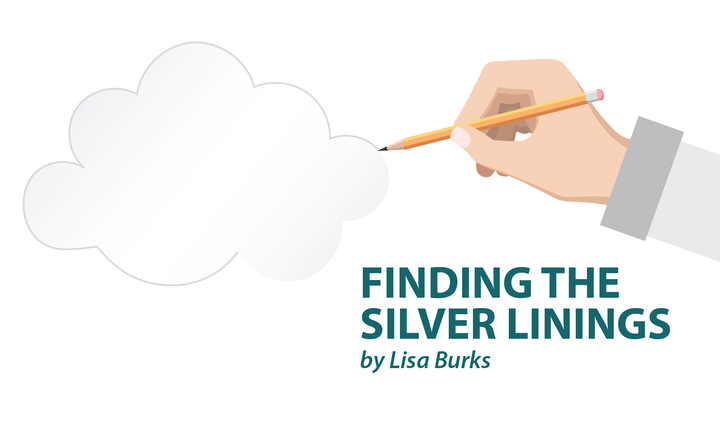People with Crohn’s disease or ulcerative colitis are no strangers to dealing with pain. Between Crohn’s and its related conditions, pain becomes a daily companion. That’s definitely one companion I could live without!
All over the country, the U.S. Food and Drug Administration has been waging a fight against opioids, as the abuse of these painkillers has become a major problem. There has been a significant increase in deaths related to opioids and overdoses over the past 10 years. There were approximately 47,600 deaths reported in 2017, according to NIDA.
There are many options to control pain. Non-opioid medications are commonly prescribed, but for many, they are not strong enough. The stronger medications, such as hydrocodone and oxycodone, are much harder to obtain due to those regulations. As for the doctors who do prescribe pain medications, they must now follow strict state laws to write prescriptions for opioids. Some insurances are even limiting how many pills can be filled, restricting it to only one week’s worth. Many doctors suggest seeing a pain management doctor to prescribe medications and follow your care.
Countless conditions cause an extreme amount of pain. For the unlucky people like me with those conditions, sometimes pain medications are the only way to function during the day. I have a few conditions that cause a lot of pain, such as Crohn’s, Crohn’s arthritis, and avascular necrosis and daily activities are difficult without pain control.
The judgment factor is another struggle for people who take pain medications. Many emergency rooms and doctors who don’t know the patient well will automatically question the need for opioids. It’s not uncommon to be accused of being an addict or “drug seeking” by medical professionals or others. Several people I know, including me, have felt judged or dismissed just because we take pain control medications. Because of this, many people who take pain medications become self-conscious, embarrassed, or scared of what others might think.
In 2014 I went to the ER with severe abdominal pain. The doctor asked why I had pain medication on my med list. I told him that it was for avascular necrosis and chronic pain. His demeanor changed and said my abdomen pain was probably due to the pain patch I wore. He gave me a Tramadol shot and nothing else. I was discharged without a diagnosis, I left that hospital feeling scared. I knew something was wrong and no one was helping me. A few hours later my husband found me unresponsive. I was rushed to the ER and the doctor I had seen earlier asked my husband “what did she take?” Assuming I took something and had overdosed! It was later discovered I had severe sepsis and toxic megacolon. I almost died, and it could have been less severe if I was taken seriously instead of assuming I was seeking pain medication.
I understand the reasoning for the limitations of prescribing opioids, as so many people have abused the medications, but hate how much these actions have affected my life and the lives of so many others. It’s not fair to those who don’t abuse the system and are just trying to live with the pain.
***
Note: IBD News Today is strictly a news and information website about the disease. It does not provide medical advice, diagnosis, or treatment. This content is not intended to be a substitute for professional medical advice, diagnosis, or treatment. Always seek the advice of your physician or other qualified health providers with any questions you may have regarding a medical condition. Never disregard professional medical advice or delay in seeking it because of something you have read on this website. The opinions expressed in this column are not those of IBD News Today, or its parent company, BioNews Services, and are intended to spark discussion about issues pertaining to IBD.

